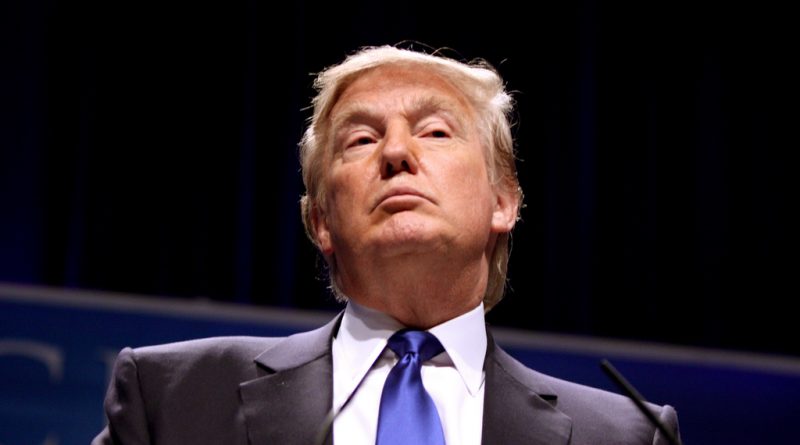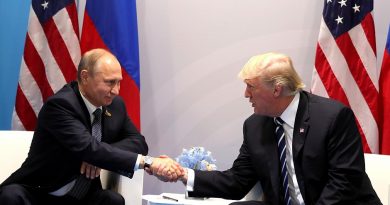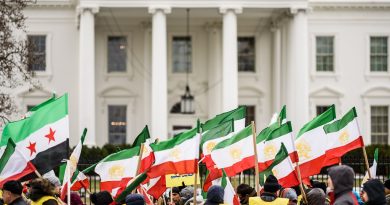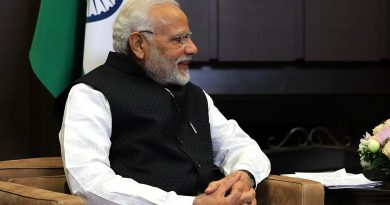What to do with the Middle East?
Members of the Israeli government mention some of Donald Trump’s pre-election statements with exhilaration, with which he apparently was trying to win Jewish votes in the United States. If he really won them remains an open question. The comments went as far as to recognize what no other Washington administration did, such as the position that the Jewish settlements on the West Bank are not an obstacle for peace, and the transfer of the United States Embassy from Tel Aviv to Jerusalem.
Right-wing oriented Israeli government officials who interpreted these statements as the ultimate departure from the idea of two states, which they were initially acknowledging, however, after the election of Donald Trump, were banned by Prime Minister Netanyahu from giving any further announcements of this kind.
What is actually going on here?
In the midst of assumptions circulating around the Middle East, new ones can be added. It seems that even though they brought up the subject, they are not sure what the future United States policy in the Middle East will look like. The difference between pre-election rhetoric and a real political strategy has never been so vast. Namely, the process of forming a new administration to be moved soon into the White House requires that all open questions be redefined and that the new president determines at least the framework of what he will represent when he steps in the Oval office. In this process, no shocks are welcome, especially not international ones, as they bring too much confusion between the allied countries of the United States, who are not in agreement with regarding the Israeli-Palestinian conflict.
Almost every new Washington administration would, after taking office, send a new mediator to the Middle East to listen to both sides, neighbouring countries, and influential allies. Subsequently, Washington would try to produce a more or less defined platform for negotiations to offer to the Israelis and Palestinians. They would, as a rule, not reject, however, they would not accept either until they hear what the other side has to say. The other side would avoid committing to anything, even to the talks themselves, leaving a realistic possibility that no progress would be made.
Why is this?
Because the peace talks and their duration demand specific preconditions, the existence of which determines whether the talks will even happen. Moreover, if the government in Israel was to have extreme right-wing oriented political views being demonstrated on a daily basis and an unfriendly attitude towards the idea of two states, they would find that on the Palestinian side they do not have a partner to negotiate with that could guarantee the implementation of an eventual agreement on the whole territory of the West Bank and the Gaza Strip. This element is so important that even the United States cannot ignore, however strong the will is to negotiate. On the other hand, in Ramallah the Palestinian leadership could mention the growing Israeli settlements in the West Bank as an insurmountable obstacle, in the name of good faith negotiations. In such a way, the talks would usually dissipate before they even begin.
In this not utterly hypothetical situation, United States mediators would decrease the number of trips to Jerusalem and Ramallah, decrease the level of expectation to a minimum and look to keep a state of no violence if possible.
The new United States administration has another issue, which has already taken first place. That is, the fight against the so called Islamic State, the success of which largely depends on the stability of the coalition of countries acting with the United States in the fight against radical Islam.
So, can DT surprise everybody about the Middle East?
Not very likely.
In conclusion, president Trump does not have many options, only to decrease the amount of optimistic comments about the Middle East, to promise less and back both sides quickly. This way, he would keep the level of cohesion he needs in Iraq and Syria, leaving the Israelis and Palestinians out of reach for Washington in terms of a successful peace mission.
Donald Trump. Photo by Gage Skidmore / CC BY-SA 2.0
![]() This work is licensed under a Creative Commons Attribution-NonCommercial-ShareAlike 4.0 International License.
This work is licensed under a Creative Commons Attribution-NonCommercial-ShareAlike 4.0 International License.




